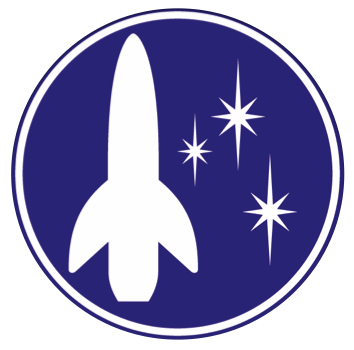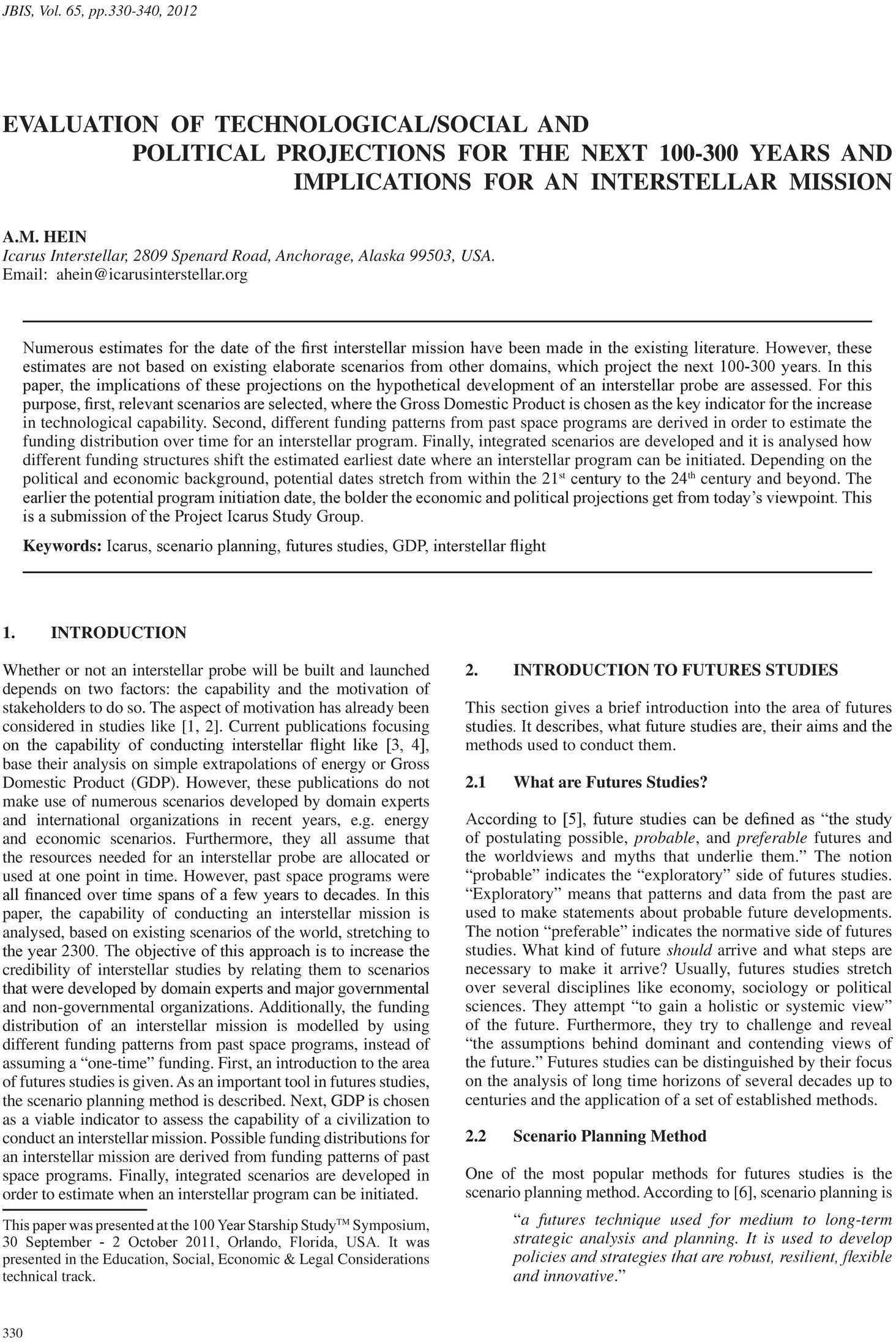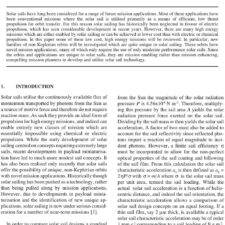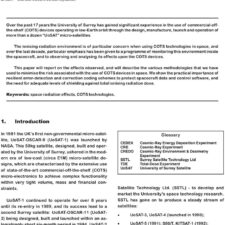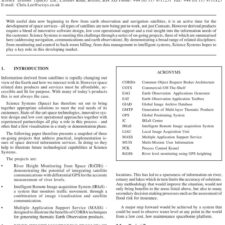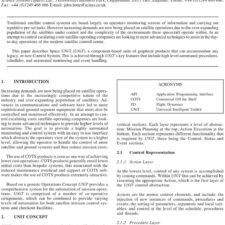Evaluation of Technological/Social and Political Projections for the Next 100-300 Years and the Implications for an Interstellar Mission
£5.00
A. M. Hein (2012), JBIS, 65, 330-340
Refcode: 2012.65.330
Keywords: Icarus, Scenario planning, Futures studies, GDP
Abstract:
According to [5], future studies can be defined as “the study of postulating possible, probable , and preferable futures and the worldviews and myths that underlie them.” The notion “probable” indicates the “exploratory” side of futures studies. “Exploratory” means that patterns and data from the past are used to make statements about probable future developments. The notion “preferable” indicates the normative side of futures studies. What kind of future should arrive and what steps are necessary to make it arrive? Usually, futures studies stretch over several disciplines like economy, sociology or political sciences. They attempt “to gain a holistic or systemic view” of the future. Furthermore, they try to challenge and reveal “the assumptions behind dominant and contending views of the future.” Futures studies can be distinguished by their focus on the analysis of long time horizons of several decades up to centuries and the application of a set of established methods.
Numerous estimates for the date of the first interstellar mission have been made in the existing literature. However, these estimates are not based on existing elaborate scenarios from other domains, which project the next 100-300 years. In this paper, the implications of these projections on the hypothetical development of an interstellar probe are assessed. For this purpose, first, relevant scenarios are selected, where the Gross Domestic Product is chosen as the key indicator for the increase in technological capability. Second, different funding patterns from past space programs are derived in order to estimate the funding distribution over time for an interstellar program. Finally, integrated scenarios are developed and it is analysed how different funding structures shift the estimated earliest date where an interstellar program can be initiated. Depending on the political and economic background, potential dates stretch from within the 21st century to the 24th century and beyond. The earlier the potential program initiation date, the bolder the economic and political projections get from today’s viewpoint. This is a submission of the Project Icarus Study Group.
